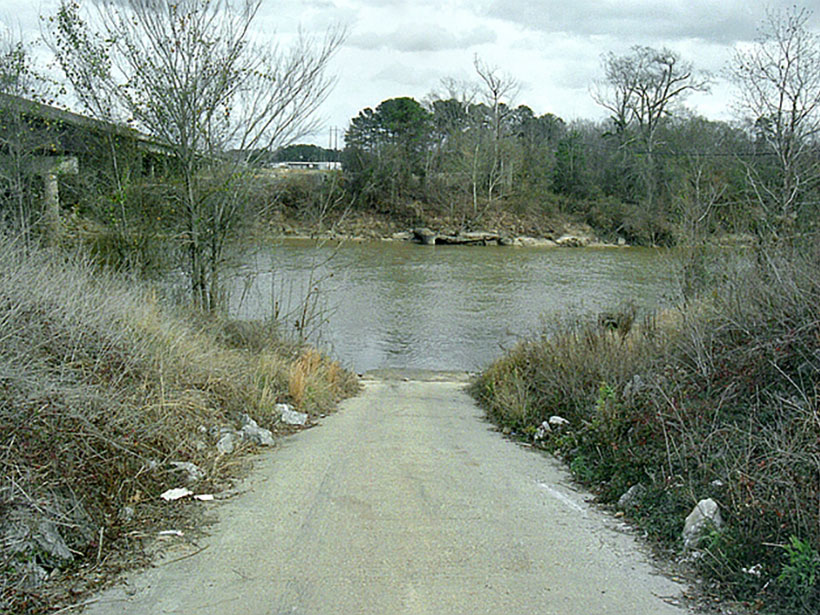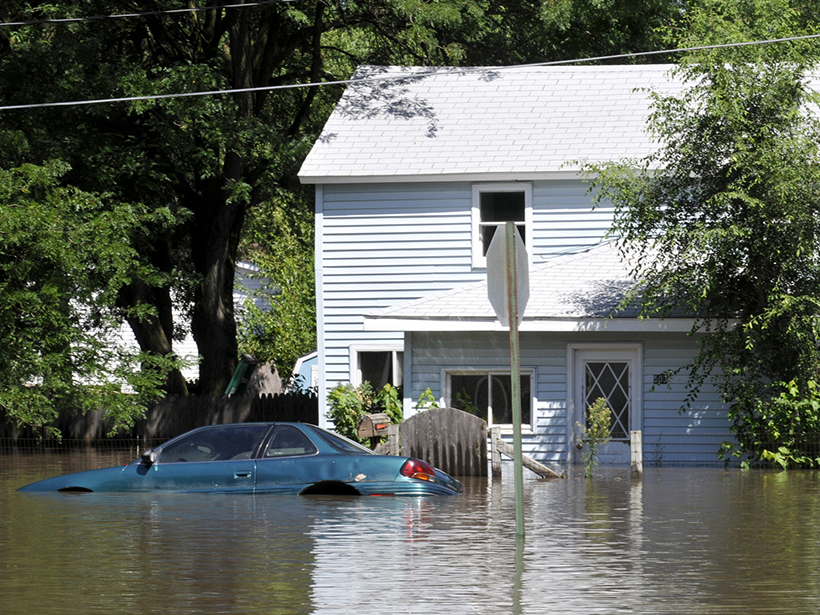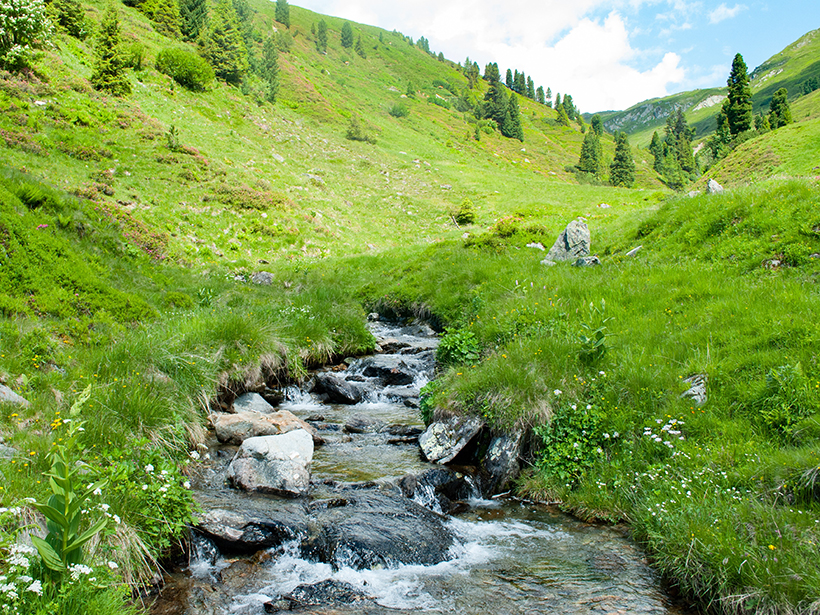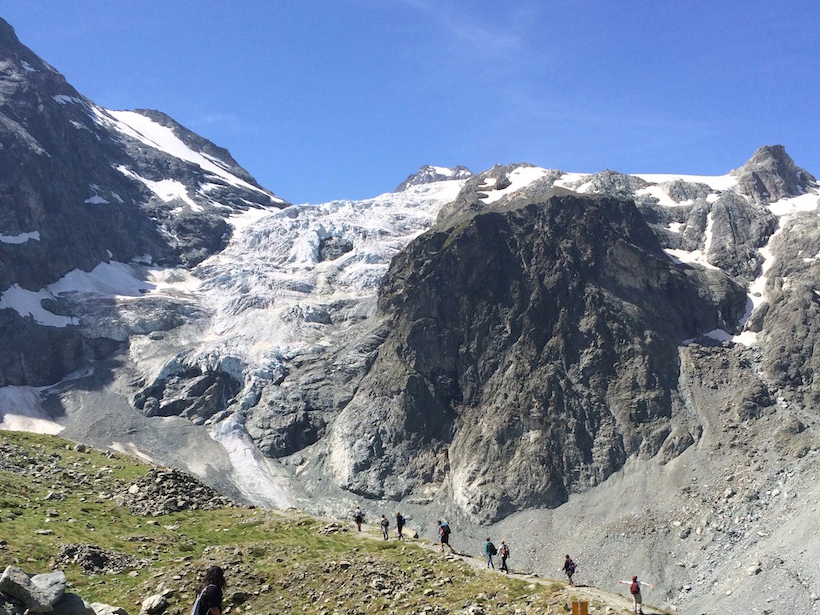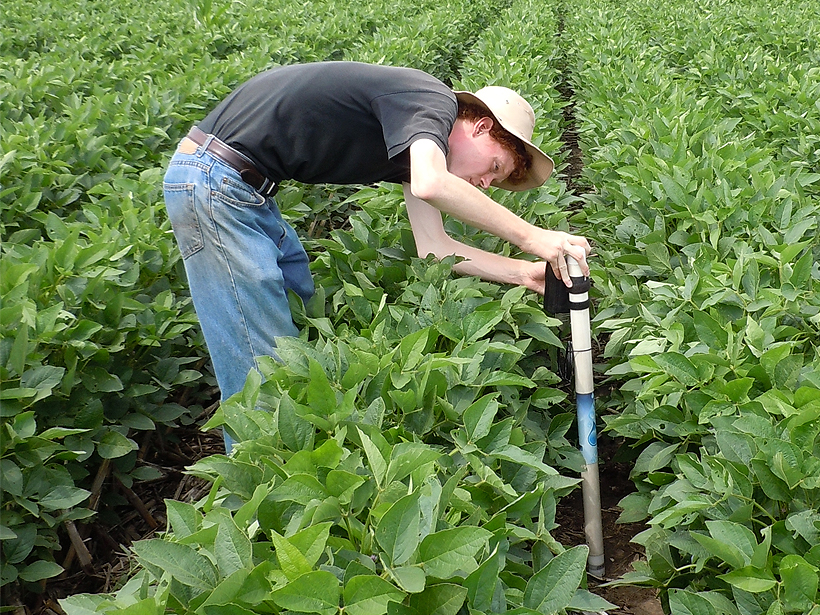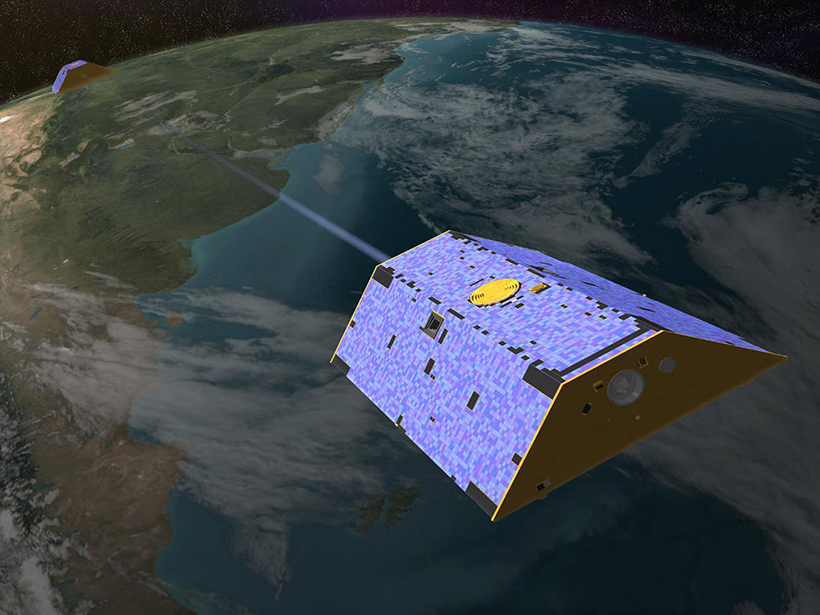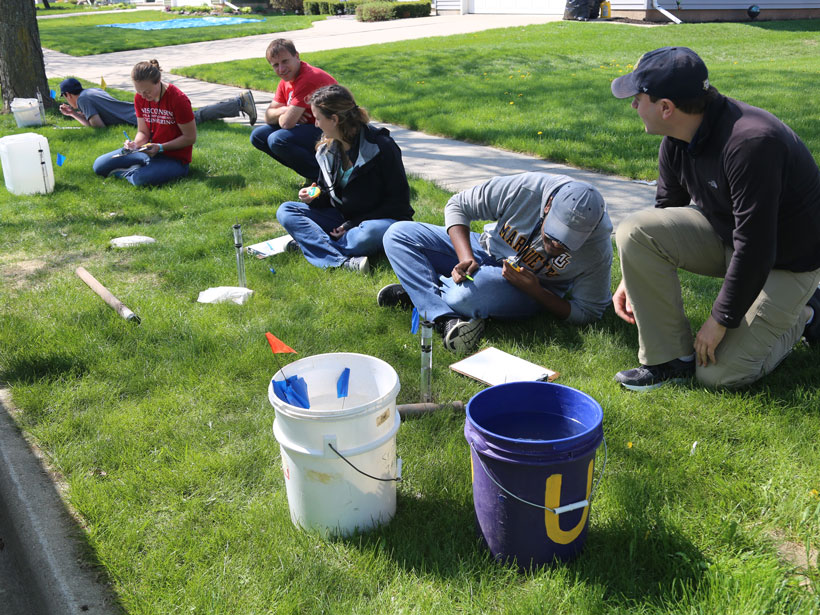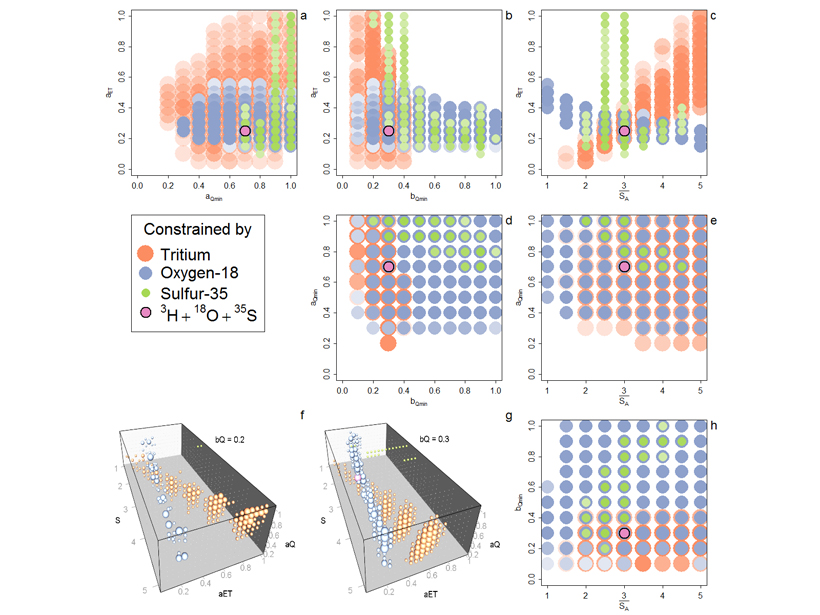This newly developed approach to assessing the quality of sensitivity analyses can be applied to any method without bootstrapping or additional model runs.
Water Resources Research
Calculating the Risk of Rare Floods
The first spatially realistic catalog of synthetic flood event risk across the entire United States uncovers high-risk areas and estimates the probability of another Katrina–level flood loss.
Modeling River Boulders to Improve Hydropower Sustainability
Large stones in streams provide crucial habitat for fish. Modeling the boulders and streamflow offers fresh insights into how water engineering projects alter aquatic habitats.
If Precipitation Extremes Are Increasing, Why Aren’t Floods?
Improving our understanding of the relationship between changes in precipitation and flooding due to rising temperature is a new grand challenge for the scientific community, argue the authors of a recent commentary.
Decadal Changes in Glacial Discharge in the High Alps
A new statistical analysis of daily, glacial runoff cycles offers a unique way of examining how Alpine glaciers have responded since the onset of rapid regional warming in the 1980s.
Are Soil Moisture and Latent Heat Overcoupled in Land Models?
A novel statistical approach demonstrates how to reduce bias in remote sensing estimates of soil moisture and latent heat flux coupling strength and clarifies the relationship between the variables.
Improving Water Resources Management with Satellite Data
An extensive review reveals that remote sensing is changing the way we manage water resources and suggests that the coming years will bring both exciting advancements and new challenges.
Spruce Beetle Slows Snow Sublimation in Wyoming’s Mountains
A new study investigates changing water dynamics after a pest infestation in the Rocky Mountains.
Strategies to Improve Urban Hydrology
Cities can reduce surface runoff and increase groundwater recharge by encouraging their residents to implement simple, hydrologic modifications on individual buildings and single-family parcels.
Using Radioactive Tracers to Determine the Ages of Streamflow
Radioactive isotope tracers can be used to determine the relationship between the ages of water that is stored in soil and bedrock, water in streams, and the water used by vegetation.

